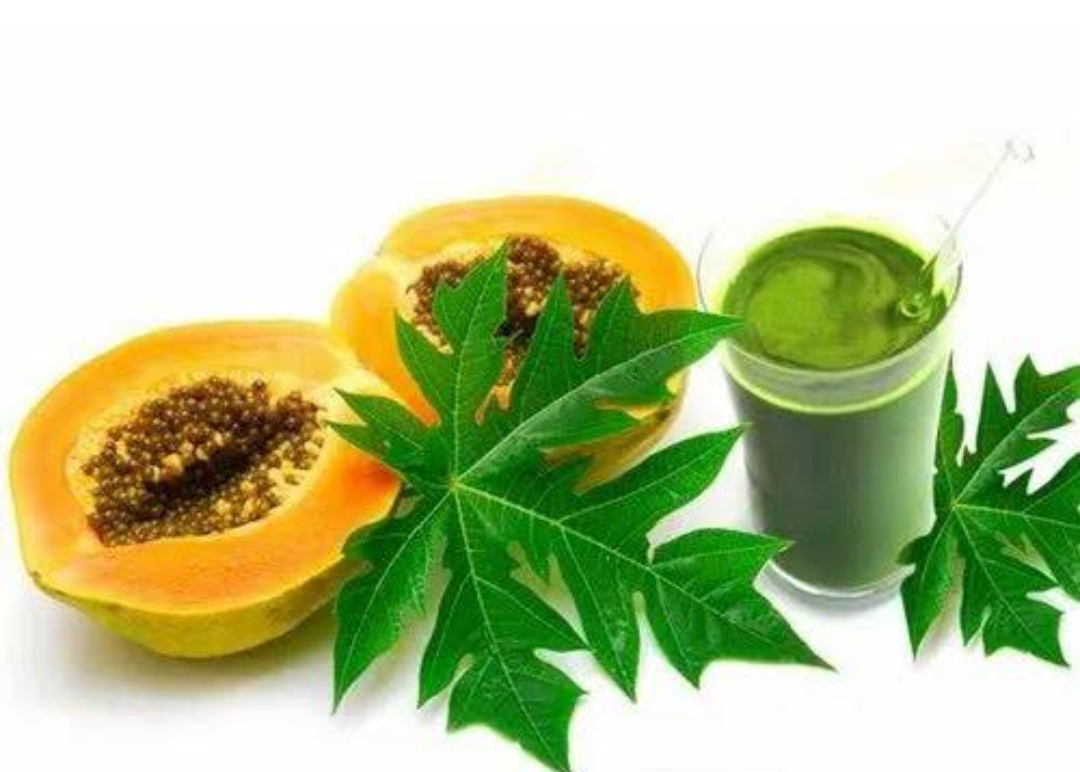What will happen if my platelet count is low?
A low platelet count, a condition called thrombocytopenia, can lead to several health issues and complications. Platelets are crucial for blood clotting, and when their count is low, it can result in the following consequences:
1.Excessive Bleeding: One of the primary functions of platelets is to help blood clot. When the count is low, it becomes more challenging for the blood to clot properly. This can lead to easy bruising, nosebleeds, and prolonged bleeding from minor cuts or injuries.
2.Petechiae: Small, red or purple pinpoint spots on the skin, known as petechiae, can develop due to bleeding under the skin. This is a common sign of low platelet levels.
3.Internal Bleeding: In severe cases, thrombocytopenia can result in internal bleeding, which can be life-threatening. This might manifest as blood in the urine or stool, or even bleeding in the digestive tract.
4.Increased Risk during Surgery or Injury: Low platelets can pose significant risks during surgery or after injury, as it becomes difficult for the body to form clots to stop bleeding.
5.Risk of Hemorrhage: In severe cases, especially if platelet counts drop significantly, there's a risk of hemorrhage, which is uncontrolled bleeding that can be life-threatening.
6.Heavy Menstrual Bleeding: Women with low platelet counts may experience heavy or prolonged menstrual bleeding.
7.Spontaneous Bruising: Unexplained bruising on various parts of the body, even without apparent trauma, can occur.
It's important to note that thrombocytopenia can have various underlying causes, including medical conditions, medications, and autoimmune disorders. If you suspect you have a low platelet count or experience symptoms like excessive bleeding or unexplained bruising, it's essential to consult a healthcare professional for proper diagnosis and treatment. They can identify the cause and recommend appropriate interventions to manage or increase platelet levels.
How can I increase my platelet counts?
Increasing platelet counts typically involves addressing the underlying cause of low platelets, and the specific treatment will depend on the cause and severity of thrombocytopenia. Here are some general approaches to potentially increase platelet counts:
1.Medical Evaluation: First and foremost, consult with a healthcare professional to determine the cause of your low platelet count. They will conduct tests to identify any underlying conditions or factors contributing to thrombocytopenia.
2.Medications: If your low platelet count is due to a specific medical condition or medication side effects, your healthcare provider may adjust your treatment plan or prescribe medications to address the underlying cause or stimulate platelet production.
3.Platelet Transfusion: In severe cases, especially if there's a high risk of bleeding, platelet transfusions may be necessary to rapidly increase platelet levels.
4.Avoid Certain Medications: If medications are causing low platelet counts, your doctor may recommend discontinuing or changing these medications if possible.
5.Manage Underlying Conditions: If an underlying medical condition such as an autoimmune disorder is causing low platelets, managing and treating that condition can help stabilize platelet counts.
6.Herbal Remedies: Some herbal remedies, such as papaya leaf extract, are believed by some to have potential benefits for platelet counts. However, always consult with your healthcare provider before trying any herbal supplements, as they may interact with other medications or have side effects.
7.Lifestyle and Diet: While diet alone may not significantly raise platelet counts, maintaining a healthy lifestyle and diet can support overall health and recovery. Follow a balanced diet with plenty of fruits, vegetables, lean proteins, and whole grains.
8.Hydration: Staying well-hydrated is essential for overall health, including maintaining proper blood volume.
9.Avoid Trauma and Injury: To prevent bleeding, avoid activities that could lead to injury, and be cautious in your daily life to minimize the risk of bruising or bleeding.
#Dengue #viral #viralinfection #foodtoeatindengue #lowplatelets #heamorrhage #denguefever



Comments
Post a Comment